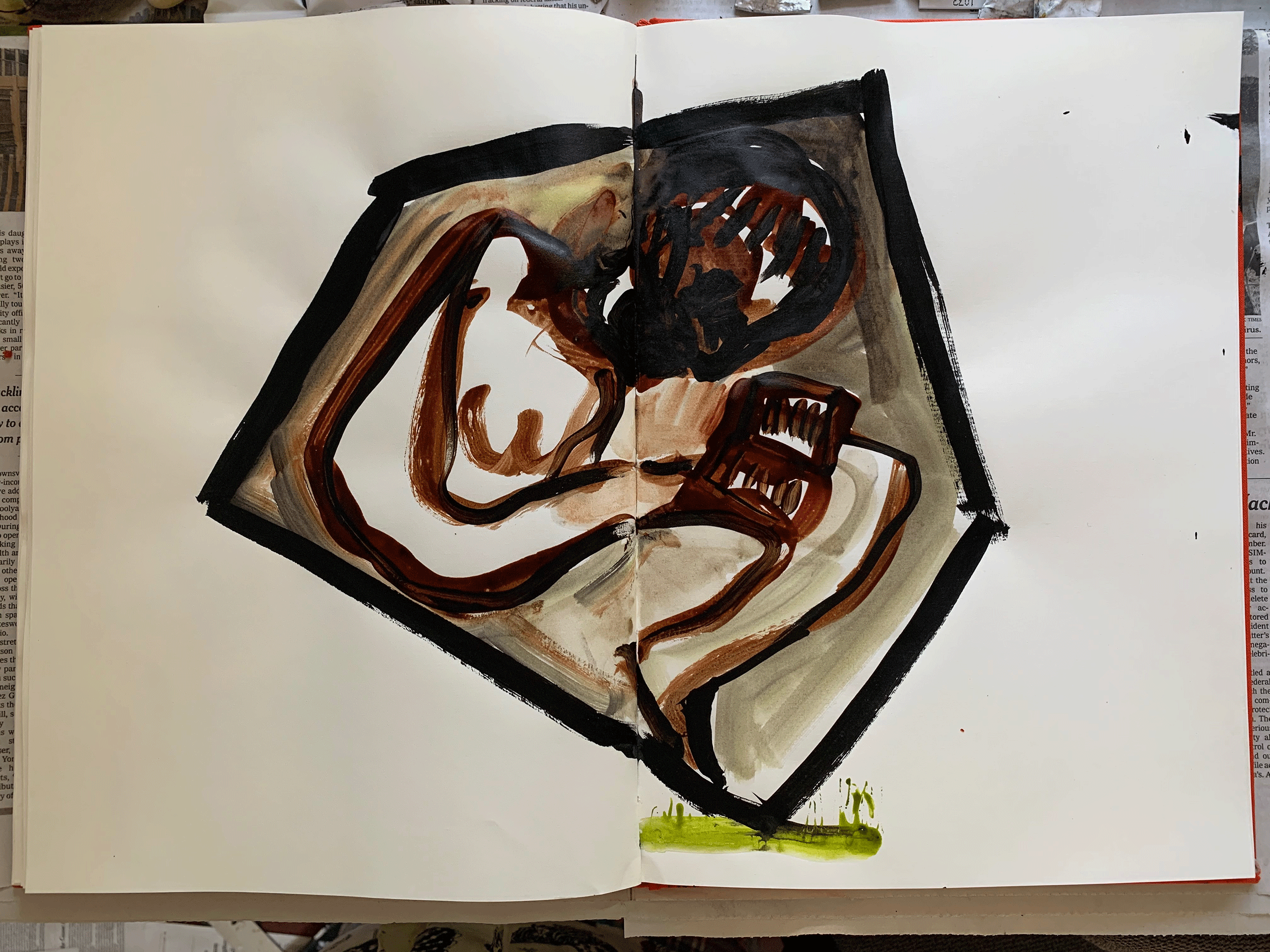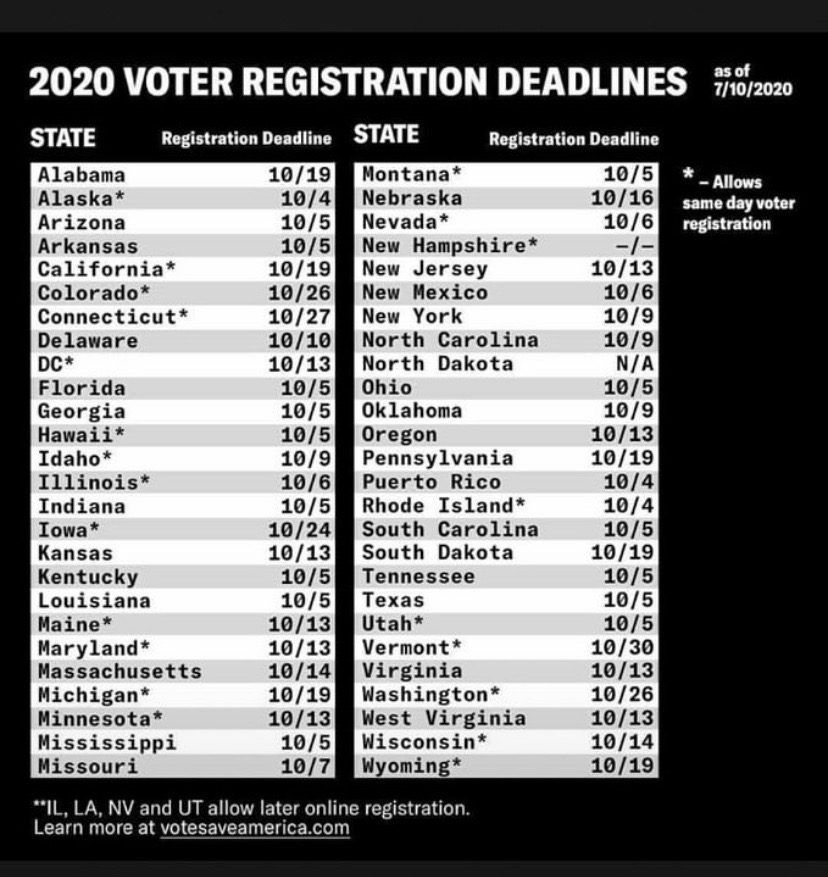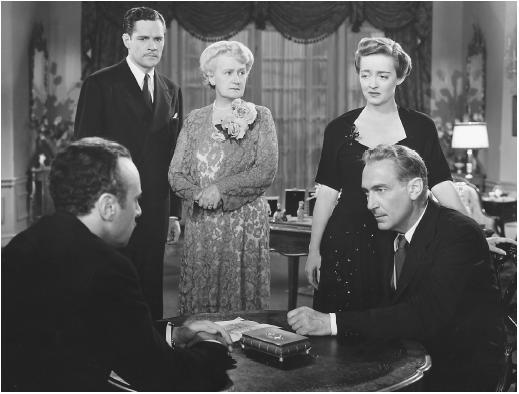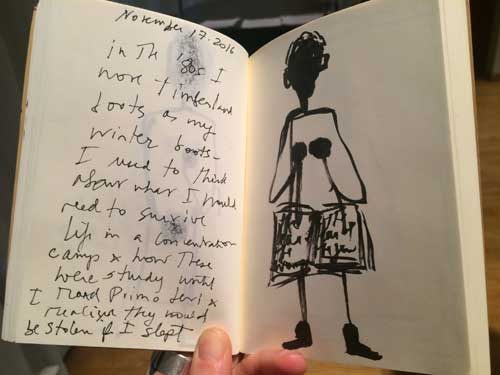It’s very hot and humid today in Provincetown, Massachusetts, yet this day I decided to finish cooking a soup that I typically only make during the winter, mushroom barley soup. I’m lacking some important ingredients, namely dried porcini mushrooms and short ribs–this is not a vegetarian recipe…and, also, this is not a blog post about recipes.

As I add the ingredients I ran out of time for yesterday (this soup is often a two-day project, refrigerating part 1 overnight so I can skim the fat off before part 2), I start thinking about The Marshall Plan (developed by Truman’s Secretary of State, retired General of the Army George Marshall to rebuilt the economies and governments of Europe, including Germany. Because that I feel that if trump wins in November the United States will fall into a prolonged period of possibly intense bloody discord and certainly with dramatic economic and intellectual decline. When the forces of fascism and science denial are conquered or spent, when they have looted and trashed every resource, we will need a Marshall Plan to rescue us, as the post-World War II plan developed and administered by General Marshall helped set Europe back on its feet and Germany on the path to a representative democracy. This is the great irony, as observed by Roger Cohen today on the editorial page of the New York Times, in his editorial, “American Catastrophe Through German Eyes,” that now we will be the country devastated, impoverished, and demoralized by fascism country, the country that must be rehabilitated and our best chance is our former enemy, Germany. The survivor of the Third Reich may be the only who cares enough about democracy to help the citizens of trump’s Fourth Reich.
But why would any of our former allies help? And our competitor, China, is unlikely to spend its resources to save a former world power or a democracy.

As I chop up the regular white mushrooms and the Shitake mushrooms that were pre-sliced and packaged, and saute them to add to the soup, it occurs to me (not for the first time) that trump has operated exactly as a wife abuser, having separated us from our allies exactly as brutally and efficiently as abusers separate women from friends and family.

The soup is good, even without the warmer more interesting flavor of the dried porcini. The day was nice. I made chocolate chip cookies too. Everything seems nice enough in the present moment but nothing is normal. I have no idea when I or any of us in America will have a normal day, when other human beings are not the source of infection. The exponential growth of the COVID-19 pandemic in the United States went from 1 to 1 million cases in 99 days, 1 million to 2 million cases in 43 days, 2 million to 3 million cases in 28 days, to 3 million to 4 million in 15 days, and is anticipated to get to 5 million cases in 7 days. Death is a “lagging indicator” –one of my favorite terms of the time–it will come a bit later.There are federal troops most likely made up of private mercenaries occupying one American city and preparing to enter others run by Democratic mayors. November 3rd is 101 days from today.

We are at a tipping point.



